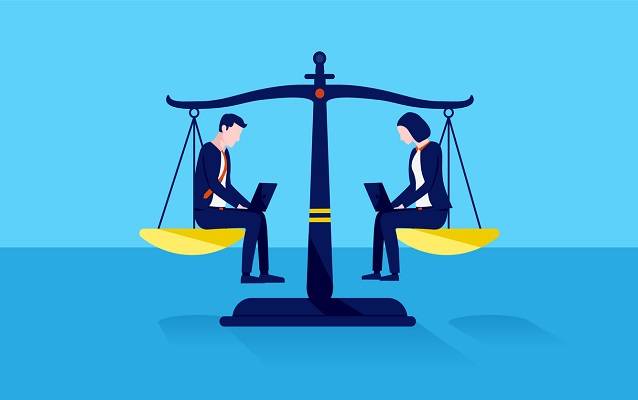Today’s civilisation has reached its highest level of development due to the combined efforts of men and women. In all welfare-related concerns, the contribution of women is equivalent to that of males. In some fields, women contribute more than males. However, women have still not held the same position as men. Gender equality remains primarily on paper. All citizens, regardless of gender, will enjoy equal rights under the constitution. But when these principles are implemented, problems arise.
Equal protection under the law is a fundamental human right, including protection for women. It is important to remember that women’s rights encompass all human rights. In addition, women have their own rights designed to teach them how to live a life of respect and equality. Women of all ages have an interest in this topic. But some of these privileges are exclusive, while others apply to everyone. Depending on the law, regional culture, institution, nation, and state, citizens may be entitled to various degrees of special protection. Furthermore, social practices and norms can sometimes meet these requirements. Nevertheless, these women’s rights expose the woman in her essential nature, regardless of the perspective we take.
There is a lot of commotion throughout the world about women’s rights. Some international laws and charters protect the rights of women around the world. Nearly every nation has its own set of rules to abide by within its borders. Sometimes the constitution will recognise such law, and other times require a special statute. The international community has taken action to ensure women’s rights are respected by adopting the Convention on the Elimination of All Forms of Discrimination against Women (CEDAW). In addition to Bangladesh, many more countries have signed this charter. It’s a binding agreement on a global scale.
Approximately two hundred years ago, King Ram Mohan Roy outlawed sati-dah. Ishwarchandra Vidyasagar introduced widow marriage approximately 150 years ago. Begum Rokeya advocated for the education of women. Previously, Rani Bhavani controlled the state. Pritilata Sen sacrificed her life for India’s independence. Protesting in the streets, women played a crucial role in the language movement of 1952. In the Great Liberation War of 1971, women fought alongside men on the front lines. Three million mothers and sisters sacrificed their dignity for liberty.
Few people were educated during this period. Now, the rate of schooling has increased. As a result, the human mind has evolved.
Women make up half of the country’s population. If you don’t pay attention to them, the country and nation will never grow. No one has ever put women’s rights at risk. Why make a law to give people what they already have? Women have to fight for what’s right. They are the only ones who can influence their future. In this circumstance, there is no choice but to go to school. In this society, being born a girl implies you have to work hard your whole life. So, every girl should go to school on her own. The route will be easier for the person whose family is there to help. Those who don’t have the help of their family will have a hard time. The girl has to struggle against this civilisation to get to where she wants to go.

